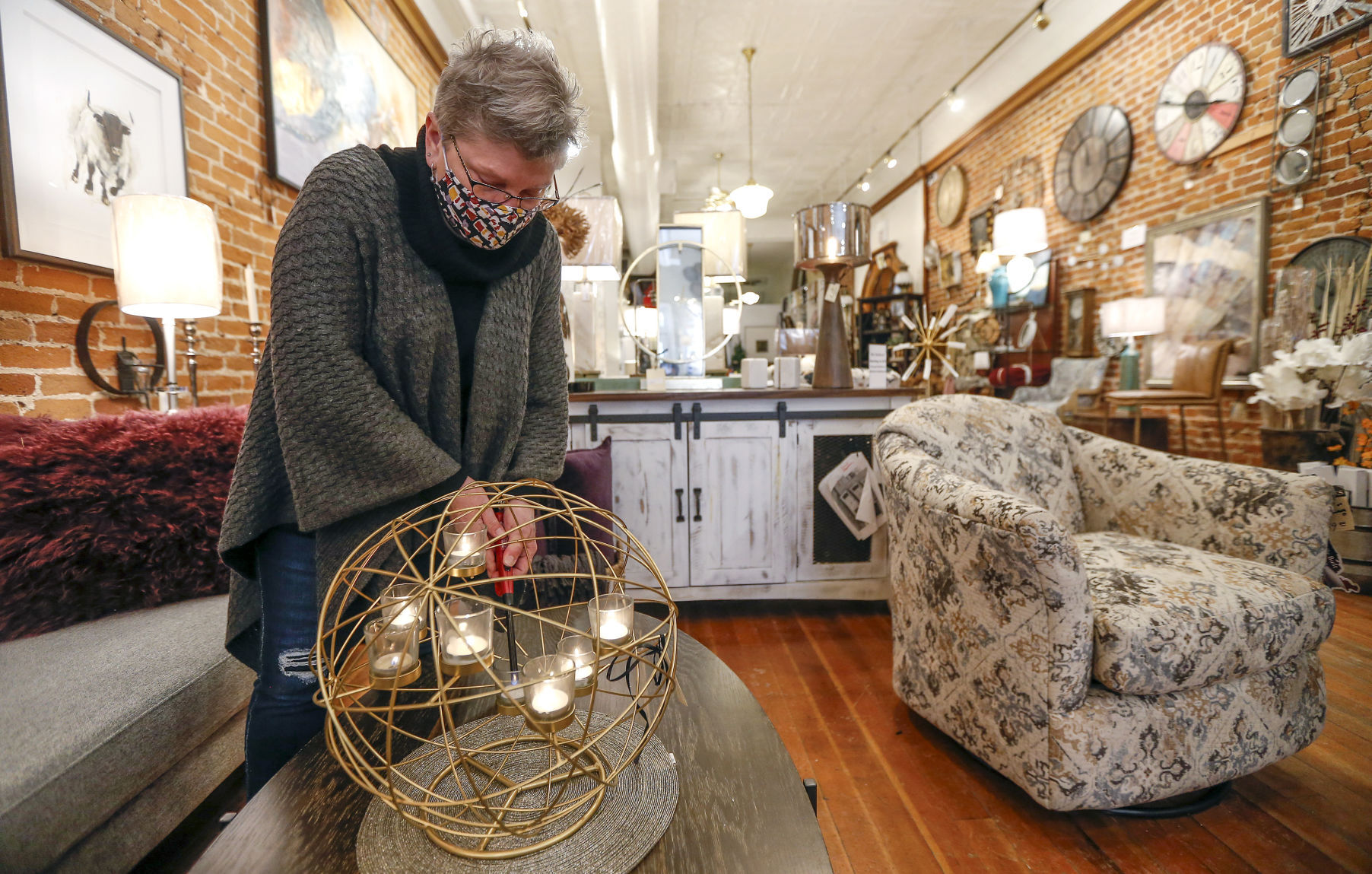On the first day of 2021, many hourly workers in Illinois celebrated the new year with a pay raise.
The state’s minimum wage rose to $11 per hour on Jan. 1, marking the latest in a series of mandated pay increases that will ultimately raise that figure to $15 on Jan. 1, 2025.
As Illinois beefs up its required hourly wage, both Iowa and Wisconsin have kept their rates at $7.25, mirroring the federal minimum. If those states don’t enact an increase in the next four years, the minimum wage in Iowa and Wisconsin would be less than half of Illinois’ rate when it reaches $15.
Galena Area Chamber of Commerce Executive Director Angela DeVere acknowledged that the rising rates place a financial burden on employers. However, she believes the benefits significantly outweigh the burdens.
“I feel that it is necessary in terms of moving forward and helping the employee base,” she said. “I also believe it will help businesses find and retain quality workers, which is something that isn’t easy for our employers.”
When Illinois Gov. J.B Pritzker signed the minimum wage bill in early 2019, the required hourly rate sat at just $8.25. It was bumped up twice in 2020, moving to $9.25 on Jan. 1 and $10 on July 1.
Despite these hikes taking effect, DeVere said it’s difficult to accurately gauge their impact on businesses.
“The first increase went into effect not long before COVID hit, and that brought with it a lot of layoffs” she recalled. “Until we return to a more normal basis, it will be hard to tell.”
Learning to adapt
Alana Rapp, co-owner of Vignettes of Galena, said her business has been taking the changes in stride.
Because the store’s five employees already were earning more than the new $11 hourly rate, the rule didn’t immediately impact the store’s bottom line.
But as time goes on and subsequent increases take effect, Rapp realizes there will be ripple effects.
Routine activities essential to operating a business — such as having new product delivered — will grow more costly as the workers carrying out these tasks are paid more for their labor. At a certain point, some or all of these increased costs will have to be passed along to consumers.
When that day comes, Rapp is curious how consumers will react to a more expensive tourism experience in Galena.
“Are people going to want to come here (to Galena) still after the prices have gone up a bit?,” Rapp said. “A lot of people are wondering about that. I think they will because we are a destination.”
While pay hikes increase the cost of doing business, Rapp is supportive of the state’s efforts to raise wages.
She also co-owns Vignettes of Dubuque, where the state minimum wage is only $7.25 per hour. Rapp said she feels for workers who log hours for compensation so low.
“No one can live on $7.25 per hour,” she said. “I do believe it should be higher in Iowa.”
Across the border?
The minimum wage in Wisconsin also sits at just $7.25, a reality that influences some industries more than others.
Ron Brisbois, executive director of Grant County Economic Development Corp., said the minimum wage is blown out of the water by the pay offered in the manufacturing and food processing industries, where entry level workers typically earn anywhere from $15 to $18 per hour.
“The real driver has been the labor force shortage,” Brisbois said. “The competition to attract workers is really pushing up those wages.”
But Brisbois acknowledged that not all industries are seeing such increases, noting that pay has not risen to similar levels in the retail, restaurant and child care industries.
As Illinois wages continue to grow, certain segments of the southwest Wisconsin workforce will realize they can rake in better pay with a brief drive across the state border.
It’s a prospect that is worrisome for Wisconsin economic development leaders but promising for those in northwest Illinois. DeVere, of the Galena chamber, believes out-of-state residents could help bolster the workforce.
“We do think there will come a point where some people find it worth their while to come across the bridge (and work in Galena),” DeVere said.
Brisbois said there are few signs that minimum wage legislation could be around the corner in Wisconsin, noting the issue has generated little attention at a time when most are focused on the pandemic. But experience suggests that it won’t be too long before the debate resurfaces.
“It is a boomerang subject, something that gets brought up every two years or so,” Brisbois said.


